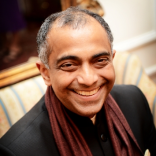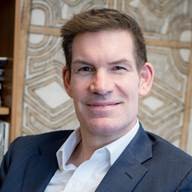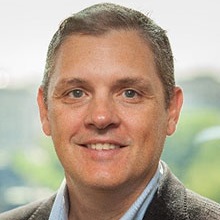- Overview
- Speakers
- Policy Research Talks
Development succeeds when people are not just beneficiaries, but partners in shaping change. Yet too often, policies are designed and evaluated from the top down—guided by data and models that miss how people actually live, adapt, and respond.
Drawing on two decades of field research and collaboration with governments, communities, and researchers, World Bank Lead Economist Vijayendra Rao will discuss what it means to make policy for and with people. Using examples on empowering women via self-help groups in Bihar, mixed-methods research on the underside of economic growth in Malaysia, and ongoing work on the added value of local democracy in South India, he will show how participatory and adaptive approaches can make institutions more accountable, programs more effective, and development more inclusive.
The talk will explore what this means for the World Bank’s evolving role as a learning institution—one that listens, experiments, and continuously improves through engagement with citizens. This lecture also marks Dr. Rao’s farewell as a member of the World Bank’s staff, concluding more than 25 years of research and collaboration within the Development Research Group.
The Policy Research Talks showcase the latest findings of the World Bank’s Research Group, challenge and contribute to the institution’s intellectual climate, and re-examine conventional wisdom in current development theories and practice.
These talks facilitate a dialogue between researchers and operational staff and inform World Bank operations both globally and within partner countries.
Register here to receive email notifications about our events!
Date: November 18, 2025
Time: 12:30 PM - 02:00 PM ET
Location: Washington, DC and Online
Event Contact:
Michelle Chester (mchester@worldbank.org)




